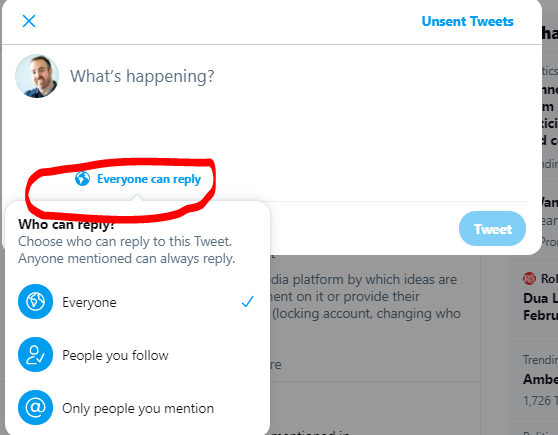
Because it's actually much more likely to be transient, and its severity usually wanes, I would prefer to see this diagnosis termed not as a personality disorder at all. It is no more stable in prognosis than depression.
"Trait and Transient Emotional Instability"
"Trait and Transient Emotional Instability"
https://twitter.com/AllenFrancesMD/status/1355287463812448257
Ten year longitudinal
psycnet.apa.org/record/2018-31…
In adolescents/young adults
journals.sagepub.com/doi/abs/10.117…
Which symptoms may be more stable
journals.lww.com/jonmd/Fulltext…
psycnet.apa.org/record/2018-31…
In adolescents/young adults
journals.sagepub.com/doi/abs/10.117…
Which symptoms may be more stable
journals.lww.com/jonmd/Fulltext…
If we as clinicians can see depression and anxiety -- both which can progress into chronic but usually attenuated conditions -- as episodic, we can damn we'll see "bpd" as episodic
There are certainly traits within the "borderline syndrome" that are more enduring and can be targets for strategies and approaches, but the notion that it is a disorder of personality in the same way that schizoid or antisocial PD is, is absolutely inaccurate and stigmatizing.
• • •
Missing some Tweet in this thread? You can try to
force a refresh





